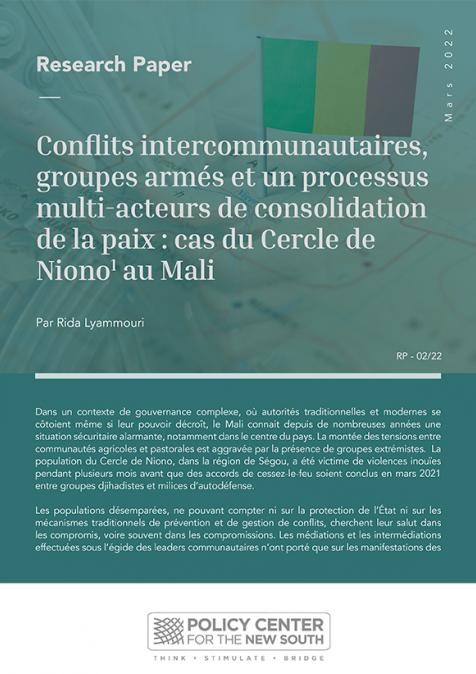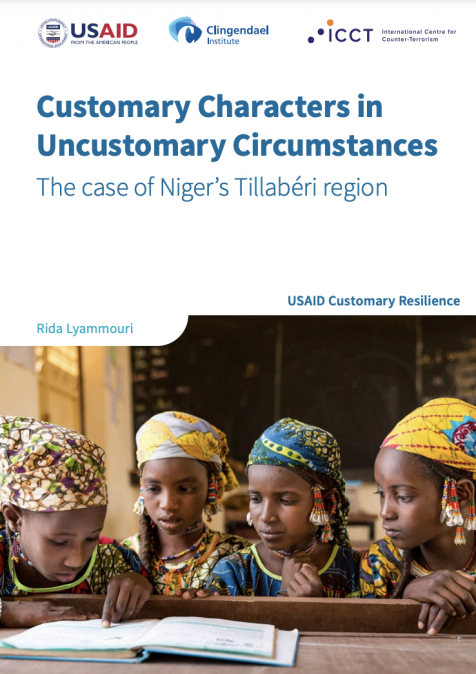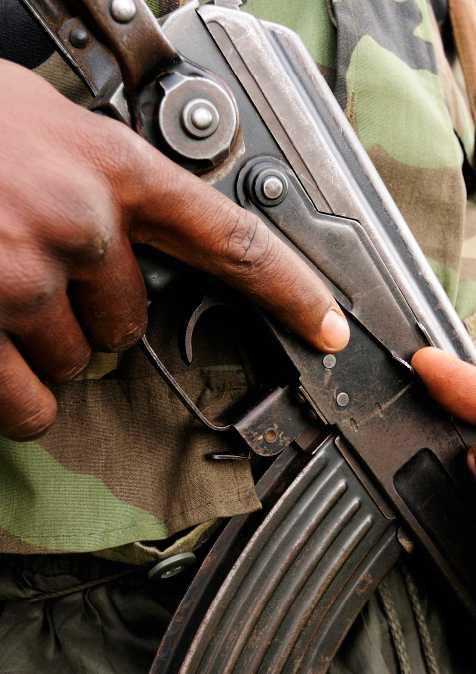Publications /
Research Paper
Dans un contexte de gouvernance complexe, où autorités traditionnelles et modernes se côtoient même si leur pouvoir décroît, le Mali connait depuis de nombreuses années une situation sécuritaire alarmante, notamment dans le centre du pays. La montée des tensions entre communautés agricoles et pastorales est aggravée par la présence de groupes extrémistes. La population du Cercle de Niono, dans la région de Ségou, a été victime de violences inouïes pendant plusieurs mois avant que des accords de cessez-le-feu soient conclus en mars 2021 entre groupes djihadistes et milices d’autodéfense.
Les populations désemparées, ne pouvant compter ni sur la protection de l’État ni sur les mécanismes traditionnels de prévention et de gestion de conflits, cherchent leur salut dans les compromis, voire souvent dans les compromissions. Les médiations et les intermédiations effectuées sous l’égide des leaders communautaires n’ont porté que sur les manifestations des conflits et non sur leurs causes. Ces causes sont imputables à l’État lui-même et ne peuvent faire l’objet d’arrangements entre les parties sans une révision totale de sa politique d’aménagement héritée du système colonial. Il est crucial que l’État veille au bon fonctionnement des services extérieurs qui le représentent et qui, dans bien de cas, se révèlent défaillants. La corruption, le népotisme et la concussion gangrènent la gestion des affaires locales et aggravent les souffrances des populations et favorisent leur adhésion aux différents groupes armés, qu’ils soient d’obédience religieuse ou laïque.







